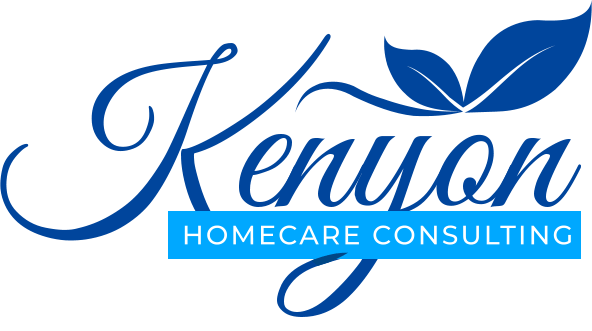Chronic disease education for aides is crucial to the success of your healthcare organization. When aides receive advanced training, they become better employees and, most importantly, better caregivers. Your clients trust you to care for them to the best of your ability, which means employing a group of elite aides who have the knowledge necessary to provide superior services.
Learning Through Chronic Disease Education
Knowledge and experience are your best friends when it comes to creating well-qualified caregivers. Chronic disease education provides both, so your aides can exceed your clients’ expectations. Here are several examples of the knowledge gained with advanced training:
Condition Worsening Signs and Symptoms. When caregivers know what changes to look for based on each client’s specific condition, they can report these indicators to a supervisor or doctor before the client’s quality of life is affected.
Medication knowledge. Aides need to know how the medications their client’s are taking work within the body, the possible side effects, and what adverse reactions to watch for and report.
Additional treatments. With education, caregivers learn treatment options other than medications for specific illnesses, including exercises and dietary restrictions.
Ongoing Monitoring. Most chronic conditions require ongoing monitoring to be certain medications and treatments are effective. With advanced education, caregivers learn about the testing process, possible complications and how to answer potential client questions.
Specialized Care. Care giving techniques are unique for each chronic disease, and the best caregivers are aware of these differences. Educated aides provide the specific, specialized care these clients need and expect.
Signs of Emergency. Chronic disease emergencies, such as bleeding caused by blood-thinning medications, shortness of breath or a repeat stroke, can occur at anytime. Knowledgeable aides are aware of possible emergency situations and are trained how to respond.
Real-life Experiences. Chronic disease education provides client case scenarios, preparing aides to be ready for similar real-life experiences.
Benefits of Chronic Disease Education
The knowledge provided with advanced education leads to numerous benefits for your employees, as well as for your organization. Here are a few of the ways chronic disease education is beneficial:
Prevention of Client Distress. Observant aides aware of potentials symptoms changes, can report faster to their supervisors, before the client becomes panicked.
Prevention of Hospitalization. Knowing warning signs of disease complications, adverse condition changes, medication reactions and side effects allows caregivers to take action before the situation escalates into a trip to the hospital.
Improvement of Client Quality of Life. More caregiver knowledge leads to better all-around care, which improves your client’s quality of life and satisfaction with your organization.
Set Your Organization Apart. Not all healthcare organizations are aware of chronic disease education or employ aides with the ability to provide specialized care. Doing so puts you ahead of your competition.
Enhancement of Employee Satisfaction. When giving your aides the chance to increase their knowledge and improve their work performance, you increase confidence in their abilities. This leads to happier employees, which leads to improved employee retention.
Through chronic disease education, aides become elite caregivers, providing specialized services that keep clients happy and healthy. Additionally, it leads to more satisfied employees. There’s no better way to ensure the success of your health care organization than by facilitating the happiness of both clients and employees.










